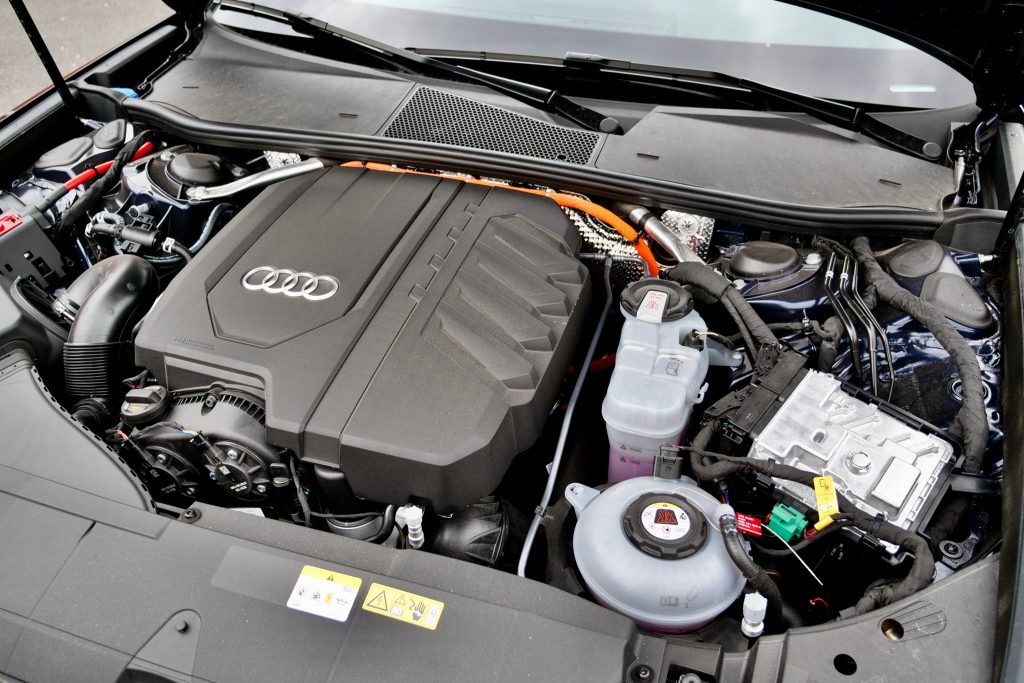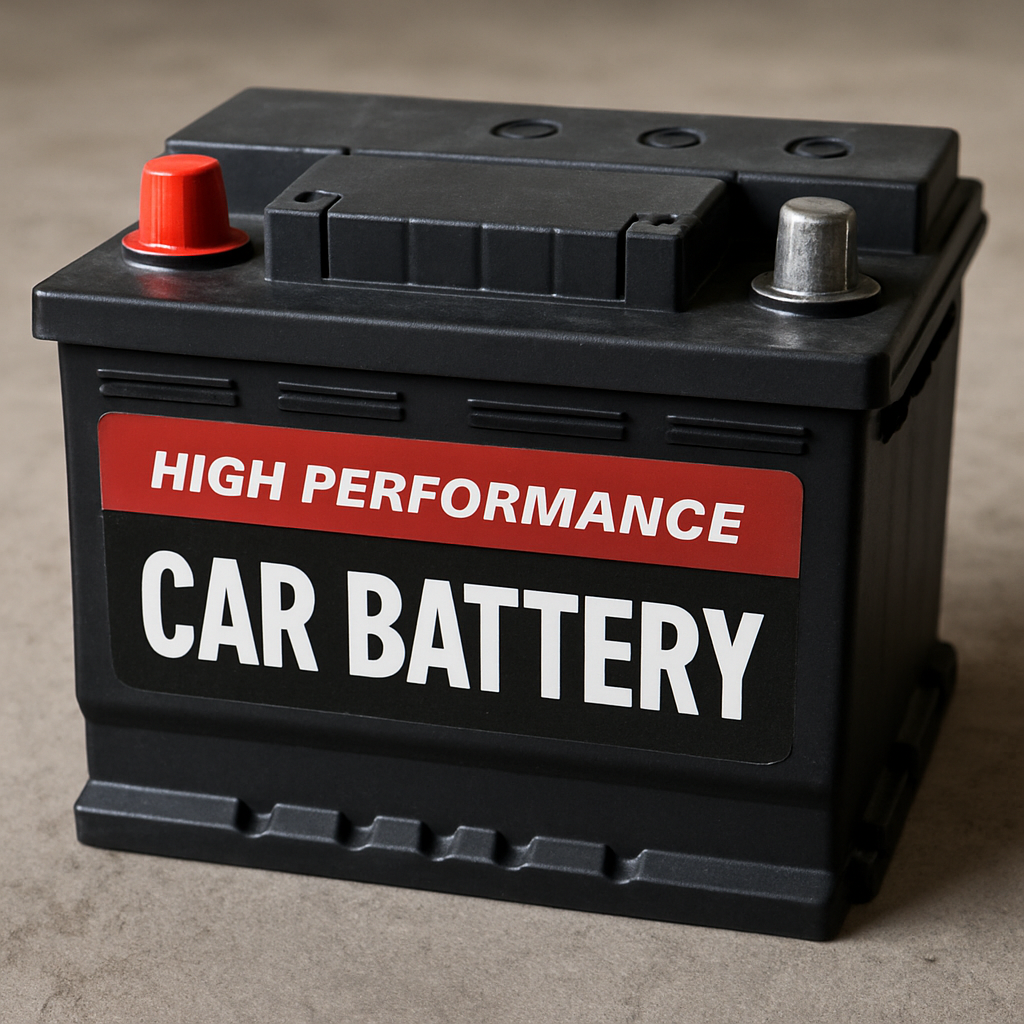Choosing the right battery for your car is crucial. It ensures optimal performance and longevity of your vehicle.
But how do you know which battery is the right one?
This article will guide you through the different types of car batteries. We’ll delve into lead-acid, AGM, and lithium-ion batteries, among others.

We’ll also discuss how to choose the right battery for your specific needs. Factors such as your vehicle’s requirements, your driving habits, and battery specifications will be considered.
By the end of this guide, you’ll be equipped with the knowledge to make an informed decision. You’ll know exactly what to look for when purchasing a new car battery.
Understanding Car Battery Types
There are several types of car batteries available in the market. Each type has its unique features, advantages, and disadvantages.
The three most common types are lead-acid, AGM, and lithium-ion batteries.
- Lead-acid batteries are affordable, widely available, and reliable.
- AGM (Absorbent Glass Mat) batteries offer better performance, longer lifespan, and are maintenance-free.
- Lithium-ion batteries are lightweight, highly efficient, and have longer life cycles, but they are more expensive.
Lead-Acid Batteries
Lead-acid batteries are the most common type of car batteries. They are known for their reliability and affordability.
These batteries use a lead-acid chemical reaction to generate power. They are heavy but provide a strong initial burst of energy.
However, they require regular maintenance. This includes checking and refilling the electrolyte levels.
Despite this, they remain a popular choice due to their cost-effectiveness.
AGM Batteries
AGM or Absorbent Glass Mat batteries are a step up from lead-acid batteries. They offer better performance and a longer lifespan.
These batteries use a special glass mat to absorb the electrolyte. This makes them maintenance-free.
AGM batteries are also more resistant to vibration and shock. They are ideal for vehicles with advanced electrical systems.
However, they are more expensive than lead-acid batteries.
Lithium-Ion Batteries
Lithium-ion batteries are the newest type of car batteries. They are lightweight and highly efficient.
These batteries can hold a charge for a long time. They also have a longer life cycle compared to other battery types.
However, lithium-ion batteries are the most expensive. They are commonly used in electric and hybrid vehicles.
Despite the cost, their high performance and efficiency make them a worthy investment for many drivers.
How to Choose the Right Battery for Your Car
Choosing the right battery for your car is crucial. It ensures optimal performance and longevity of the battery.
The right battery depends on your vehicle’s requirements, your driving habits, and the battery specifications.
Understanding these factors can help you make an informed decision. It can also save you from unnecessary costs and inconveniences.
Let’s delve into these factors in more detail.
Consider Your Vehicle’s Requirements
Your vehicle’s make, model, and year play a significant role in determining the correct battery.
Different vehicles have different power requirements. For instance, a truck may require a more powerful battery than a compact car.
Always refer to your vehicle’s manual for the recommended battery specifications.
Analyze Your Driving Habits
Your driving habits also influence the choice of battery.
If you frequently drive short distances, a battery with a high reserve capacity is ideal. This is because short trips do not allow the alternator enough time to recharge the battery.
On the other hand, if you often drive in cold weather, a battery with a high Cold Cranking Amps (CCA) rating is necessary.
Understand Battery Specifications
Understanding battery specifications is key to choosing the right battery.
The specifications include size, capacity, power requirements, and climate suitability.
It’s also important to understand the battery labels. They provide information about the battery’s performance, lifespan, and maintenance requirements.
Factors Influencing Battery Selection
Several factors influence the selection of a car battery.
These include the climate and temperature, power and capacity needs, and the vehicle’s requirements.
Understanding these factors can help you choose a battery that best suits your needs.
Let’s delve into these factors in more detail.
Climate and Temperature
The climate and temperature in your area can significantly affect battery performance.
For instance, extreme cold can reduce a battery’s capacity, while extreme heat can shorten its lifespan.
Power and Capacity Needs
Your vehicle’s power and capacity needs also influence the choice of battery.
For instance, if your car has many electronic accessories, you may need a battery with a high reserve capacity.
On the other hand, if you frequently drive in cold weather, a battery with a high Cold Cranking Amps (CCA) rating is necessary.
Maintaining Your Car Battery
Proper maintenance can extend the life of your car battery.
It can also ensure optimal performance and prevent unexpected breakdowns.
Let’s look at some key maintenance practices.
These include regular inspections, cleanliness, and proper charging.
Regular Inspections and Cleanliness
Regular inspections can help detect issues early.
Keeping the battery clean and free of corrosion can also enhance its performance and lifespan.
Proper Charging Practices
Proper charging is crucial for battery health.
Avoid overcharging or undercharging, as both can damage the battery and shorten its life.
Signs You Need a New Car Battery
Recognizing the signs of a failing battery can save you from unexpected breakdowns.
Common signs include slow engine crank, dim headlights, and frequent need for jump-starts.
Safety and Environmental Considerations
Handling car batteries requires caution due to the risk of acid spills and electrical shocks. Always wear protective gear and follow the manufacturer’s instructions.
Environmentally, it’s crucial to dispose of old batteries properly. Many retailers offer recycling programs, helping to reduce harmful waste.
Conclusion: Making an Informed Decision
Choosing the right car battery involves understanding your vehicle’s needs and your driving habits. It’s a balance between performance, longevity, and cost.
Remember, regular maintenance can extend your battery’s life. Make an informed decision and ensure your car is always ready for the road.




